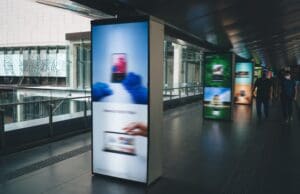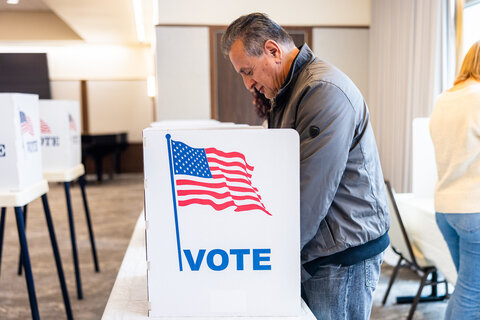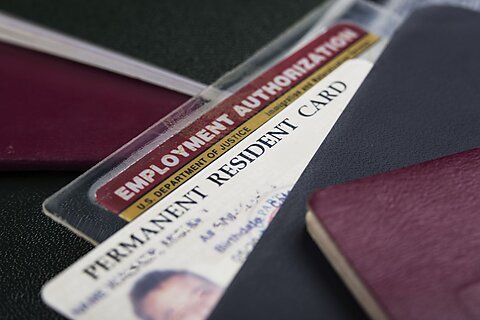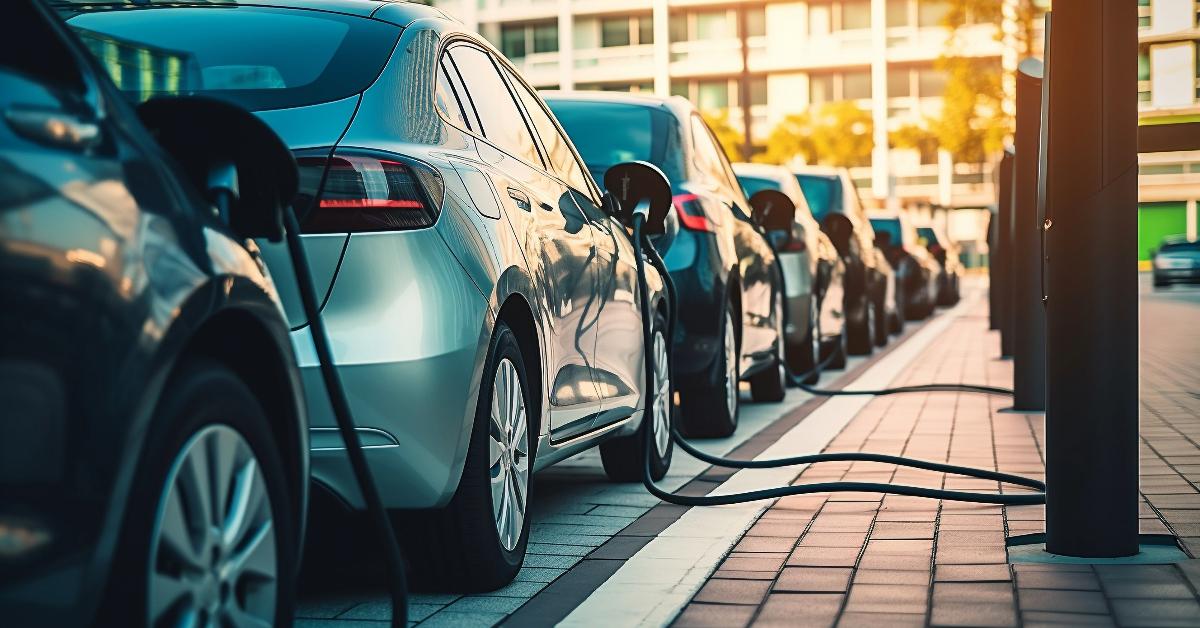A literal power vacuum—that’s what California Senate Bill 233 proposes.
And what is to be sucked? Your electric car.
The bill—which has passed the Senate and is now winding its way through the Assembly—states that all new electric vehicles to be sold in California after 2030 be “bidirectional.”
Because the state has decided to essentially go all electric without having the ability to actually provide enough electricity, the climate warriors have gotten a bit creative and now see the millions of electric vehicles (EVs) in the state as tiny batteries to make up for their incompetence.
Currently, not every EV can send power back to the grid (like home solar panels that ship excess power to their local utility.) The bill—almost certain to pass because this is California—would change that.
The bill, however, is only the first step in the process of being able to drain your EV, as the technology to get the electricity back onto the grid does not actually exist. As with so many other Golden State climate-related projects, it is based on being able to do it someday . . . probably . . . maybe.
While this approach allows solons and nabobs to tout their green-a-fides, set even more absurd future goals by assuming things will work eventually, increase state spending to fund such projects, and create an excuse to not actually do anything practical—like build natural gas generators—to shore up the state’s extremely wobbly grid, it does nothing to address California’s self-imposed “energy insecurity.”
The idea becomes even more absurd when one considers that shortly after announcing all new vehicles sold in the state by 2035 must be electric, the state asked the public to not charge their EVs after work because the grid couldn’t handle it. In theory, this bill raises the specter of electricity being drained out of your full Tesla to power your neighbor’s empty Volt.
Furthermore, the concept is extremely dangerous. Imagine an emergency situation in which you have to leave your home immediately but you cannot because the state drained your car. The implications for fire evacuations, earthquake response, etc. are terrifying.
And its not terribly clear if you would get paid for your power and/or if you would have to buy it back.
Beyond the impracticalities, the concept does shine a light, as it were, on how easily the electrical power supply can be controlled and—if the grid is your only power option (no gas cars, no gas stoves, no propane, etc.)—how easily the public can be controlled through it.
From “The Psychology of Electricity”:
Now, a person can go to a gas station, put solar panels on their roof, buy propane at the hardware store, use natural gas in their home, even cut down trees to burn for heat. In other words, there are options other than electricity; there are literally millions of ways to not need to use electricity.
But imagine a literally all-electric world—you are reduced, confined, required to get the energy you need to live from one source, one centrally (by necessity) controlled source that everything you own runs on, one centrally controlled source that can cut the power to your specific home anytime it wants.
Conceivably—see China/social credit systems/central bank digital currency/“you’ll own nothing and be happy” and smart city concepts—[the] reasons for the power being cut will move beyond just being bill-related but conduct-related.
The power of energy as a social control lever is nearly limitless.
And that’s another reason why this legislative initiative is a very bad idea.
























